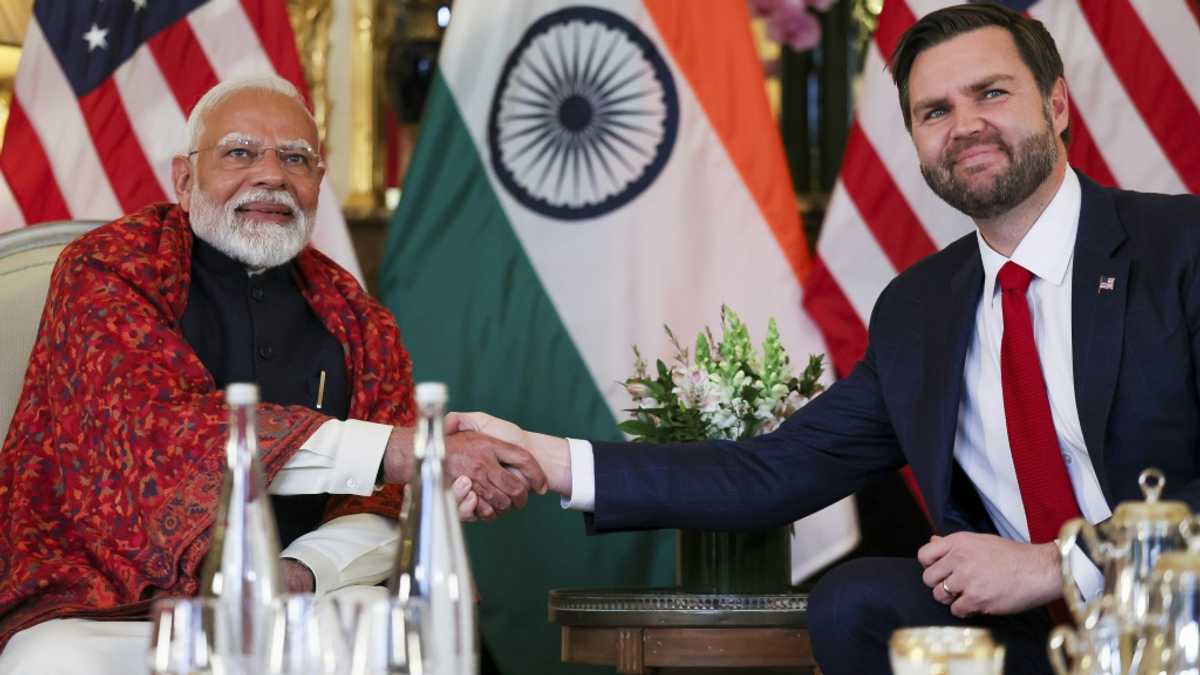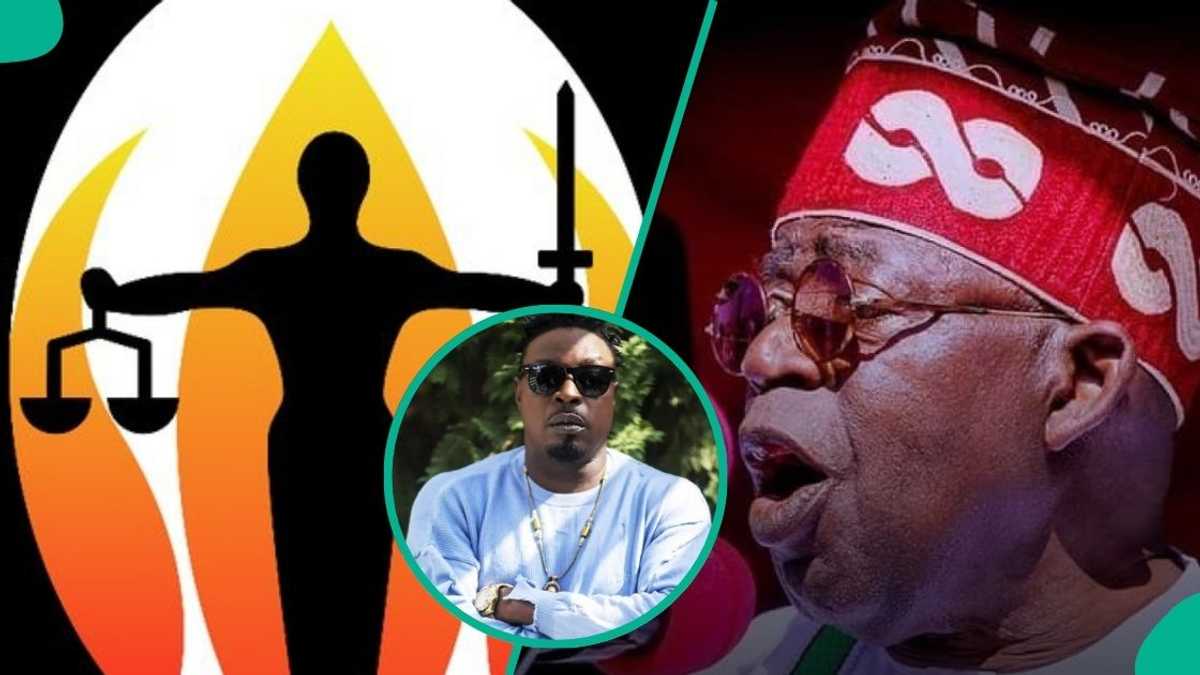Keeping James Jones and Mike Budenholzer might be the least chaotic option
Welcome to the How to Fix the Suns series, where we break down the paths available to the Phoenix Suns as they navigate the 2025 offseason.
We’re still searching for ways to fix the Phoenix Suns. Is it possible? Absolutely. It may not be a quick fix, but the long-term potential is there.
Today, I want to explore a counterpoint. It’s not necessarily my stance, but I think it’s important to examine the case for keeping Mike Budenholzer and James Jones—rather than making the drastic move to part ways. Why? Because it’s essential to weigh all options. We need to understand what the benefits could be in maintaining the current leadership structure, even in the face of mounting frustrations.
I’m going to take the other side of Bruce Veliz’s argument on dismantling the front office and coaching staff. Again, I might not fully agree with this perspective, but it’s important to approach all upcoming and impending decisions from a 360° point of view.
So here’s why blowing up the front office might not be the answer.
There’s one thing the Phoenix Suns have done horribly over the past 15 years, and that’s maintaining a stable environment for growth and accountability.
Since Devin Booker joined the team, the Suns have gone through seven different head coaches in just 10 years. That statistic alone is enough to make your head spin. It’s as if Devin Booker is in school every year, constantly passing through grades and getting new teachers. Each time, there’s a learning curve: a period of acclimation where the coach gets familiar with Booker, and vice versa.
Then, after the season plays out, if things don’t work out, it’s back to square one with a new teacher the next year.
This is not a recipe for success, neither in the short term nor the long term. I understand the logic. When things go wrong, the head coach is the first to be held accountable. It’s been the Phoenix Suns’ approach during the Devin Booker era.
Before 2014, in 46 years of Phoenix Suns basketball, the team went through 15 head coaches. Since then? Seven. So what’s the difference between those first 46 years and the 15 years that followed? The first 46 years were marked by consistent winning. The last 15 have been defined by inconsistency, frustration, and missed opportunities.
I know it’s tough to advocate for keeping a head coach simply for the sake of stability, especially when some of Mike Budenholzer’s decisions this season seem inexcusable. Sitting rookies for extended periods, a total lack of defensive identity. It all adds up to a very frustrating picture. At times, it even seems like he’s disengaged, as if he’s just going through the motions.
:no_upscale()/cdn.vox-cdn.com/uploads/chorus_asset/file/25941186/usa_today_25759288.jpg)
But here’s the reality: he’s under contract for four more years, and it might benefit the Phoenix Suns to stick with him for one more season.
Why? Because stability in leadership is something this team hasn’t had in years. It would give Budenholzer the chance to implement his system, get feedback, and identify what went wrong this season. There’s value in allowing him the time to fix those deficiencies and pursue players who fit his vision. An unstable environment is never going to lead to long-term success.
Sure, this season has been filled with a string of unfortunate circumstances. Does Budenholzer share in the blame? Absolutely. But let’s not forget the players, the ones who step on the court every night and don’t play defense. If they’re rebelling against their coach, that’s a bigger problem, and it’s not one that falls entirely on the head coach. Those players may not belong in your system. Not the coach.
I get it. Many people are quick to point fingers at James Jones. After all, he’s the general manager, the one who orchestrated the acquisitions of Kevin Durant and Bradley Beal.
Whether or not you believe he’s the one pulling the strings, the reality is, he’s the one with the title and the paycheck to back it up. And while I won’t argue that bringing Bradley Beal to Phoenix hasn’t been a disaster, I think it’s important to take a step back and look at the bigger picture.
James Jones has always had a vision for this team, a long-term plan that likely got clouded in the pursuit of quick success. He’s been thrust into situations where executing that vision consistently has been more challenging than anticipated. This isn’t a defense of every decision he’s made, it’s more of an understanding that the circumstances and constraints around him haven’t allowed him to fully carry out what he set out to do.
Maybe it’s time for the front office and coaching staff to be given more stability, allowing Jones the room to shape the team he envisioned without being pressured into moves that ultimately don’t align with the long-term goal.
When it comes down to it, Jones has shown he can build a competitive roster. But is he being given the resources and time to implement his vision fully? It’s hard to say, especially when he’s operating in an environment where decisions seem to be made on a short-term basis. If there’s a future for this team, it likely lies in giving Jones the opportunity to execute his plan without the constant upheaval of making moves based on immediate results.
:no_upscale()/cdn.vox-cdn.com/uploads/chorus_asset/file/25941199/usa_today_19947491.jpg)
Imagine this scenario: You’re an architect, deeply invested in your craft. You’re not just designing a simple building, but a skyrise that will stand tall in downtown Phoenix, a beacon of your hard work and vision. This building, with panoramic views of the Superstition Mountains, Camelback, and Cardinal Stadium, is more than just concrete and steel. It’s a masterpiece in the making, a symbol of pride for the city and your personal legacy.
But then, everything changes.
The company gets bought out, and a new CEO steps in. Curious about what you’re working on, he takes a look at the plans and immediately suggests major changes. He wants to put a pool on the roof. He’s envisioning a restaurant up there as well. What do you do? Do you stand your ground, rejecting his vision and sticking with your original design, or do you go along with his suggestions, hoping for the best?
You’re not exactly thrilled with the idea. The monsoon seasons in Phoenix are brutal, and maintaining a pool on top of a skyscraper isn’t just impractical, it’s a logistical nightmare. The restaurant sounds great in theory, but the heat and lack of proper shade would make it unsustainable, not to mention costly. But here you are, with a change of leadership and a new direction. You don’t have the resources or the full support to execute these new ideas the way they need to be.
So, what now? Do you walk away from the project? Do you push back against the new CEO? Or do you continue with the vision you believe in, knowing the consequences might come down the line? And when things inevitably don’t work out — when the pool and restaurant don’t turn out as planned — who gets the blame? Are you the one to be fired for not making it work, even though you were handed a vision that wasn’t yours to begin with?
This is a metaphor for what’s happening with the Suns.
James Jones is an architect of this team, but the changes forced upon him — whether through new ownership, pressure to perform, or an unclear long-term vision — have left him to navigate through a situation where the plan keeps shifting, without the necessary resources or support to execute the original design. It’s a situation fraught with potential failure, and it’s hard to say who’s to blame when things fall apart.
This upcoming off-season presents a critical moment for James Jones to take a stand and set the direction of the Phoenix Suns. The past couple of seasons have been a gamble—one driven by the aggressive vision of Mat Ishbia and agent-turned-executive, Bill Bartelstein. They pushed for big names, inflated the payroll, and went hunting for the stars that would supposedly push the Suns over the top. But the result? More disappointment than fulfillment, with just a couple of metaphorical doves rather than the championship-caliber roster they envisioned.
Now is the time for James Jones to step up and say, “Let’s recalibrate. Let me take control and build this team my way.” His approach has always been one of calculated strategy, seeking out the right mix of youth, upside, and veteran leadership. He’s not a fan of the flashy all-in moves, but more of a builder—a GM who understands that sustainable success is forged over time, not just through a single big splash.
We’ve seen James Jones do it before. We saw his vision lead the Suns to an NBA Finals appearance just a few years ago, a journey powered by smart draft picks like Cameron Johnson, key acquisitions like Chris Paul and Jae Crowder, and a culture built on grit and toughness. That blueprint worked then, and with the right adjustments, it can work again.
James Jones deserves the opportunity to right the ship, to reshape this team into one that can compete for a championship sustainably, rather than just chasing big names and empty promises. He’s proven he has the vision. Now it’s time to see if he’s given the chance to execute it fully.
We say it every year, but this might truly be the most important offseason in the history of the Phoenix Suns. With major decisions looming — like possibly moving off of Kevin Durant and potentially Bradley Beal (fingers crossed) — the landscape of this franchise is about to undergo a massive shift. It’s a crucial moment to rethink the team’s direction, and a solid strategy moving forward is imperative.
However, making such a dramatic change — wiping the slate clean — could have far-reaching consequences. Letting go of both James Jones and Mike Budenholzer would signal a complete upheaval, something that could make it difficult to build any sense of continuity or stability in a time when those qualities are desperately needed. Both of them have been deeply involved in the challenges the Suns have faced this season. They’ve lived through the ups and downs, the frustrations and setbacks, and they now carry that experience with them.
Rather than hitting the reset button completely, perhaps the better move is to allow Jones and Budenholzer the chance to leverage their knowledge and experience to help guide the Suns through this critical juncture. Both are familiar with the franchise’s strengths and weaknesses, and giving them one more opportunity to use that insight to shape the team’s future would be a wise decision.
They’ve been here, seen the roadblocks, and now they can be the ones to help pave a path forward, ensuring that when the new chapter begins, they’ll be there to execute the vision for a better future.
If the season ends with either James Jones or Mike Budenholzer being fired — or both — the Phoenix Suns will find themselves thrust into a whirlwind of rebuilding and reshuffling. They’d have to go through the lengthy and complex process of rehiring both positions while simultaneously figuring out a coherent strategy for the future, encompassing trades, the draft, and free agency. This tight timeline would put the Suns in a precarious position, scrambling to fill leadership roles while simultaneously trying to manage the roster for long-term success.
A new general manager would need time to understand the team’s weaknesses, review trade possibilities, and scout for the right talent in the draft. They’d have to come in, hit the ground running, and execute a masterful vision all in one offseason, which is a monumental task in such a critical period.
The downside here is clear: bringing in new leadership at this juncture would leave very little room for mistakes, making it even harder to build a contender in the short window of time available.
Instead of setting the team back further, the better route may be giving James Jones and Mike Budenholzer one more shot to mold this roster in their own likeness. Let them take the lessons they’ve learned through the season, use that insight, and truly build the Suns in a way they see fit. This is their opportunity to prove that their vision can work.
The ownership needs to step back and allow the professionals they’ve hired to do their jobs. Of course, input from the owner is important, but it’s essential they recognize their role as financiers, not decision-makers on personnel. The path forward should be in the hands of those who are compensated and qualified to steer the ship, not in the realm of external influence. Let them run the team as they see fit.
Will the Suns stay the course with James Jones and Mike Budenholzer? With just five games left in the season, that answer is coming soon. And probably fast. If I had to guess, I wouldn’t be shocked if Budenholzer is the one shown the door while Jones gets another year. And to be honest, I think that’s the right call.
Now, I know I’ll get roasted for saying that. James Jones has taken plenty of heat, and some of it’s deserved. He’s the architect of this top-heavy roster, and his fingerprints are all over the Bradley Beal trade that has aged like unrefrigerated milk. But even with all that, I still believe in his vision, or at least what that vision could be if he’s actually allowed to execute it fully.
Here’s where I’m at: there’s a difference between what I want to happen and what I think will happen. What I want? I want the Suns to keep James Jones and go get a coach like Sam Cassell. A players’ coach. A connector. The only stretch of success we’ve seen in the last 15 years came under Monty Williams, a guy who knew how to get through to his roster. Cassell fits that mold. That’s what I want.
But what do I think is coming? Unfortunately, I think both Jones and Budenholzer are out. The Suns will reset yet again, heading into the most important offseason in franchise history with fresh faces trying to make massive decisions without the lived context of this season’s chaos. And sure, maybe fresh eyes will bring clarity. Maybe.
But it could just as easily be another chapter in the long, frustrating story of the Phoenix Suns failing to embrace continuity, failing to lead with strategy, and instead making decisions out of optics, emotion, or impatience.
This time, they can’t afford to get it wrong.
, Castbox.
Please subscribe, rate, and review.












